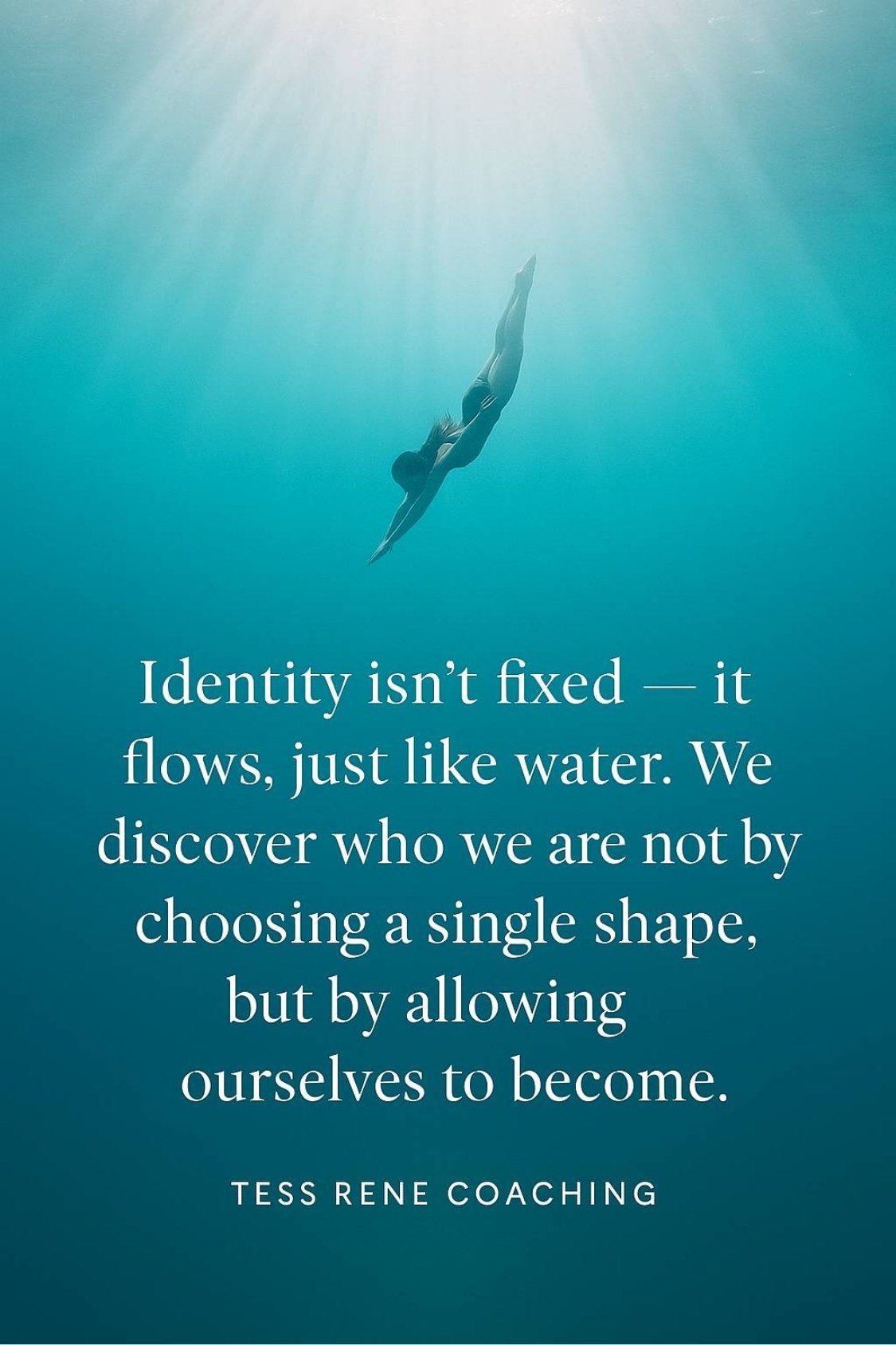If you’ve ever found yourself wondering where do I belong, you’re not alone. It’s one of the quietest and most human questions we can ask.
We rarely voice it aloud, yet it echoes beneath so many moments of self-doubt when you hesitate before speaking, feel anxious entering a group, or sense shame whether you succeed or fall short. It can feel as though you’re forever trying to prove that you deserve a seat at the table, or even permission to exist just as you are.
Take a breath. If any of this sounds familiar, you’re not broken. You’re asking something profoundly human.
Table of Contents
“Where Do I Belong?” How Early Wounds Shape the Question

Early roles teach us how welcome we feel in the world.
“…this isn’t about social acceptance, but self-acceptance.”
Our first experiences of love and connection teach us what belonging feels like.
Maybe you were the sensitive one in a family that prized stoicism, or perhaps the creative dreamer in a world that rewarded order and logic. In some cases, you might have straddled cultures that never seemed to fit neatly together, editing pieces of yourself to stay accepted.
For many people, the question arises later after a breakup, a move, a job loss, or becoming a parent. During these times, transitions loosen the roles we once relied on, and as a result, we whisper, Who am I now?
Ultimately, this isn’t about social acceptance. Instead, it’s about self-recognition and seeing yourself as enough, whole, and welcome to take up space.
Identity Is Fluid — and That’s a Good Thing

You are allowed to grow and change without losing your worth.
“Changing to fit in doesn’t create belonging.”
We suffer most when we believe identity or belonging are fixed states: either we have them, or we don’t.
Belonging isn’t from external approval or even consistency; it comes from presence. Identity is not a certificate you earn, but a living relationship with yourself.
At times that relationship gets strained. You may reject the parts of you that feel “too much” or “not enough.” You might think, If I could just change this, then I’d belong.
But belonging grows from acceptance, not change. It’s rooted in allowing the unpolished, in-progress parts of you to be seen. The need to earn belonging by performing keeps us disconnected from our real selves.
Somatic practices like grounding or reparenting help bridge this gap — teaching your body and younger self that it’s safe to show up as you are.
Because truth is always steadier than performance.
Belonging vs Fitting In: The Emotional Cost

Belonging feels like exhaling, not auditioning.
“We need community, but we only sustain belonging when it’s rooted in self-worth.”
Fitting in is about performance, while belonging is about being seen.
When we long to belong, our inner child often tries to adapt to meet others’ expectations. As a result, that might secure short-term safety, yet ultimately, it’s not belonging.
Yet belonging grows when you start reconnecting with your inner child and learn to give them the acceptance they needed when they were young. You can offer that to them now rather than seeking it from others.
In contrast, true belonging means you can “fit in” anywhere without losing yourself because you already belong to you.
Where do I belong vs. where do I fit in
Moreover, fitting in is exhausting: code-switching, people-pleasing, guessing what others want. Instead, belonging asks a gentler question: “Can I let who I am be enough?”
In the end, external belonging lasts only when anchored in internal self-worth.
Learning to accept what is, people and environments creates the peace that comes with belonging. Rather than chasing constant approval, inner-approval is your doorway to genuine connection and it is already inside of you.
Create Joyful Belonging
When your mind spins with thoughts of not fitting in, what you truly need isn’t fixing it’s connection.
✨ You’ll love my free one-week guide — The Joy Reset — a simple practice each day to help you invite small joy and calm back into your routine.
✦ Let’s Begin My Joy Reset ✦ →

Small moments create big shifts. Start your Joy Reset today!
How to Answer “Where Do I Belong?” with Acceptance and Self-Worth

When self-worth is steady, belonging becomes less about proving and more about feeling at ease.
“…inner-approval is your doorway to genuine connection and it is already inside of you.”
Self-worth isn’t about never doubting yourself; it’s the sense of okay-ness that remains when doubts appear. It’s learning to come home to yourself.
When decisions feel muddy or you find yourself second-guessing, remember you’re not alone. Learning to make clear choices
is part of building trust in yourself.
Here are a few reminders when that question rises up…
Where do I belong?:
-
Your story matters. You don’t need to shrink it to be digestible.
-
You don’t have to earn worth. You’re already enough without proving it.
-
Your differences are coordinates. They lead you to the people and places where true belonging lives.
-
Grieve what didn’t fit. Mourning failed connections clears space for authentic ones.
When you learn to meet your feelings instead of fighting them, you create the safety your inner self has always longed for.
You can learn to stop turning away from your emotions and start listening to what they’re trying to show you especially when they feel too big to handle.
Belonging begins where self-rejection ends.
Let Belonging Begin with You

Each honest breath is one more brick in the home you are building within yourself.
“…the real sign of healing is change…choosing honesty over performance strengthens genuine belonging.”
Perhaps no one celebrated your whole self growing up, but you can begin to meet that unmet need now.
Start by seeking friendships that feel nourishing and reciprocal the kind that let you be both soft and strong. Practise setting healthy boundaries that honour your time and energy so you can show up with more ease. And let your self-talk sound more like truth than criticism, reminding you that you’re already enough.
Belonging is buildable — brick by brick — with every moment you choose honesty over performance. Each time you say, I matter, even while I’m still finding my place, you strengthen the ground beneath you.
You don’t need certainty to belong. You just need one starting point: I’m allowed to be here.
And that is enough.
Ready to Belong?
Belonging is not a change you need to make, it’s a story ready to be healed.
Together we’ll explore the roots of your belonging story, how it shaped your relationships, and how to step into a self-worth you can trust.
You don’t have to navigate this alone. Sometimes even one conversation brings clarity and relief.
When you’re ready, reach out below.
✦ Begin With A Private Consult ✦ →
Frequently Asked Questions
Q1. Can increasing self-worth really change my sense of belonging?
Yes. When you feel worthy within, you stop needing every group or relationship to confirm it.
Q2. How can I build belonging in everyday life?
Practise small honesty: say what’s true, connect with kind people, and let your nervous system relax around authenticity.
Q3. What if I’ve never felt I fit anywhere?
Then this is your chance to start building safety from the inside out. Not fitting in doesn’t mean you don’t belong: you belong to yourself first.
